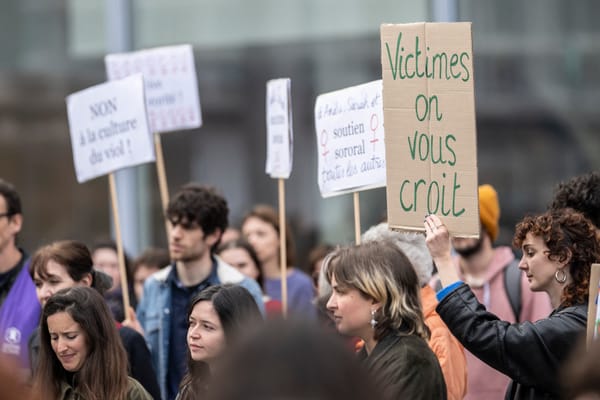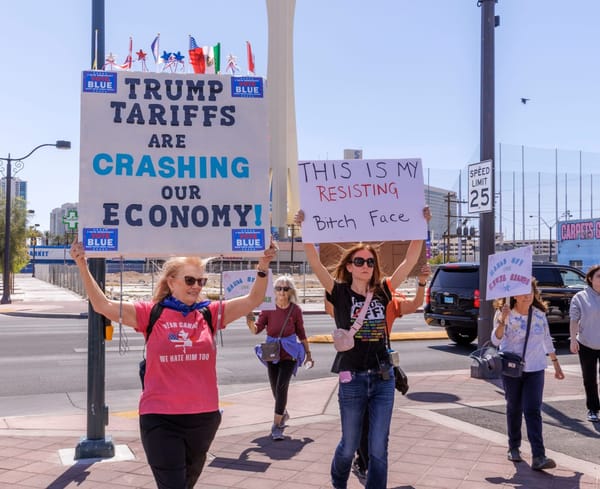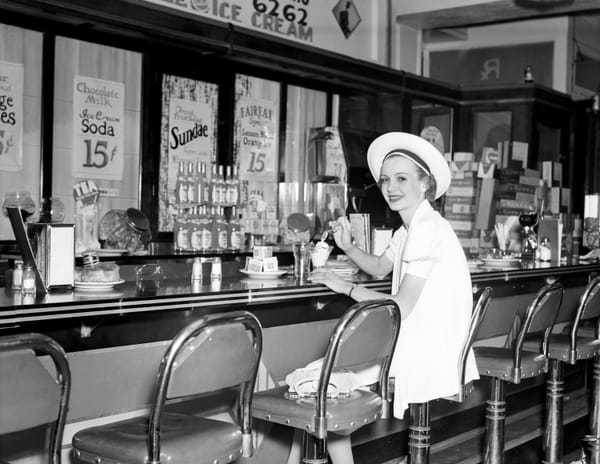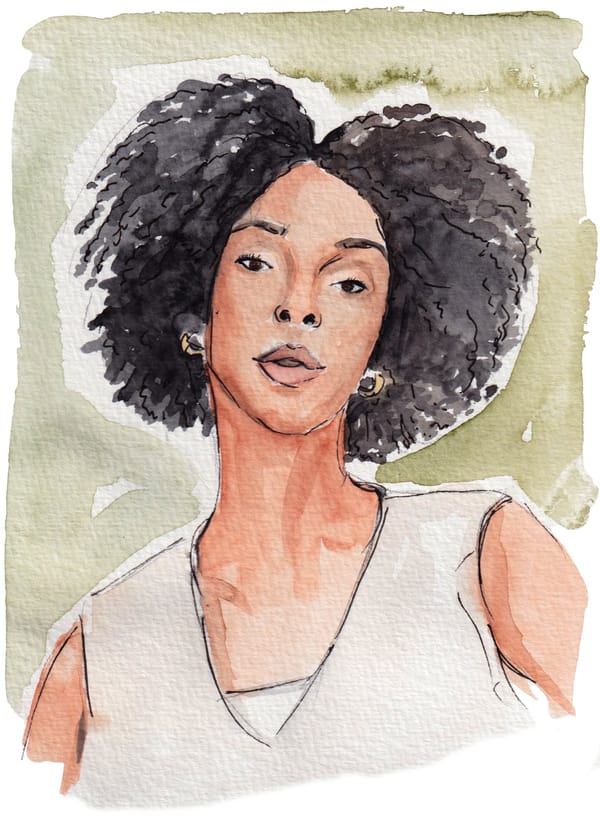My Reluctant Feminist Hero
In a world in which wealth and opulence seem to beget political power, I long for a leader with un-showy discipline. I can’t help thinking of Angela Merkel.
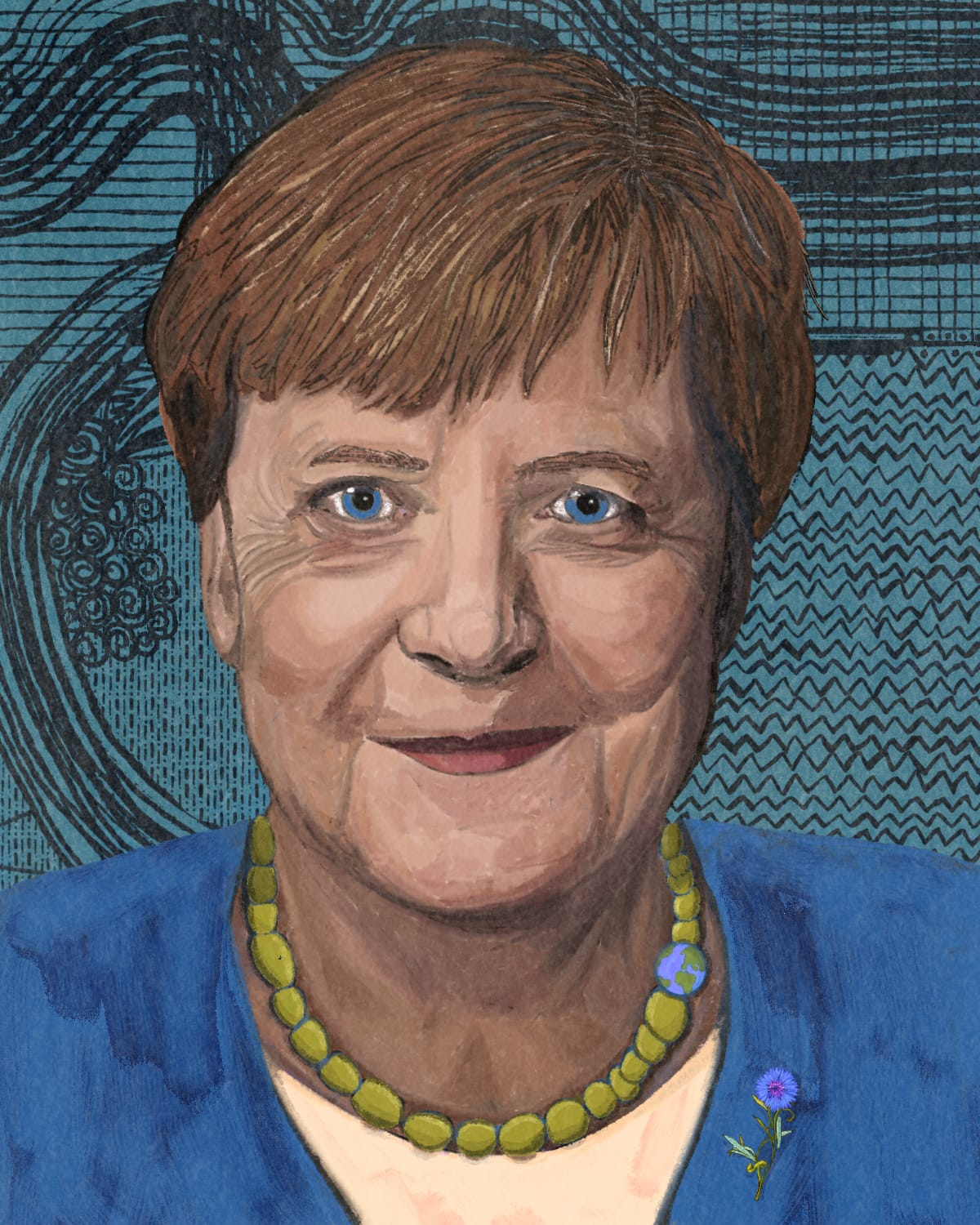
Part 1: Thursday Was Sauna Day
As history so often does, it happened very gradually and then all at once.
For 28 years starting in 1961, the Berlin Wall—an almost 100-mile barricade—cleaved Europe into two distinct blocs. To the east were countries that were affiliated or influenced by the Soviet Union; to the west were those belonging to NATO, the military alliance established in the aftermath of World War II. Travel between the two was severely restricted for many.
It was an Iron Curtain, physically and politically, culturally and socially. So entrenched was it, that it may have seemed almost unimaginable in the 1980s that it might one day be consigned to history. But by November 1989, political changes sweeping through the East had started to gather irrepressible momentum. In turn, they fueled a frustration—a growing discontent at the incumbent regime. Public pressure was reaching a fever pitch, and just before 7 p.m. on the evening of Nov. 9, the government of East Germany announced to the press that its citizens would henceforth be able to travel freely to West Germany. It was a misinformed message which was the result of a bungled communication—an accident. But as word spread, there was no going back.
Soon, crowds of East Germans started gathering along the wall and particularly at the checkpoints between East and West Berlin. They demanded that the guards immediately open the gates, and before long those guards were outnumbered and overwhelmed. Crowds of East Germans swarmed to the former forbidden land, where West Germans greeted them with flowers and Champagne.
In the days that followed, citizens from both sides took to the wall with tools—pickaxes and chisels—eager to play a part in tearing down a structure that had become the ultimate symbol of division. It was the dawn of a new era, not just for the country, and not just for the continent, but for the entire world.
In the days and weeks that followed, the once-impenetrable wall would be dismantled brick-by-brick. Blocks of concrete would be kept and saved and later sold to gullible tourists for too much cash in kitschy gift shops near Checkpoint Charlie—the erstwhile crossing point between the two blocs. It was a period of deconstruction that symbolized a freer, more open world: A peaceful revolution.
Looking back at photographs and footage of the night of Nov. 9 1989, it can seem like every German was out in the streets to witness a moment that would define the 20th Century. One person, however, was not: Angela Dorothea Merkel—a 35-year old with a Ph.D. in quantum chemistry and a half-hearted desire to be a politician. She was at a sauna with one of her girlfriends. It was a Thursday, after all, and Thursday was sauna day.


